Back in 2021, Google effectively relaunched its efforts with Pixel devices with the arrival of its first Tensor processor. This has led to some big changes but 2024 finally marks the year in which the transition enters its final phase.
Snapdragon Pixels are (almost) dead.
The release of the first developer preview of Android 15 this week sealed the fate of the latest Snapdragon Pixels. Launched in 2020 and 2021, the Pixel 4a, 4a 5G, 5 and Pixel 5a are the latest batch of Google smartphones powered by Qualcomm chipsets.
Android 15 officially supports only Pixel devices released after late 2021. The Pixel 6 and Pixel 6 Pro are the oldest supported devices, having been launched in October of that year. It is worth noting that this will be the last major update even for those devices. However, Google will continue security updates for another two years on the Pixel 6 and Pixel 6 Pro.
Going back, the Pixel 4a, 4a 5G, 5, and 5a were all pandemic smartphones. Its launches were the most unorthodox in Google's recent history. The Pixel 4a launched months behind schedule, and the Pixel 5 felt thrown together as a stopgap, ditching the main processor and Google's custom co-processors, and also had a display of just one size for the first time. It's also strange that it was released a month late in the US compared to other regions, and ended up being discontinued months earlier.

This group of Pixels had its own pros and cons — I'll always love the Pixel 5's design — but ultimately it felt like a big stopgap waiting for something else. Something was already brewing.
The early years of Google Tensor
In the second half of 2021, Google announced the Pixel 6 and Pixel 6 Pro months before their official debut, all to give a preview of its efforts to build a new chip.
Google Tensor represents a reinvention of the Pixel series. The Snapdragon chips were gone, replaced by a Google chip that was focused on the specific tasks Google wanted to do. For example, Google touted that the chip helped the Pixel 6 apply HDR to every frame of video, and when the chip officially arrived in the Pixel 6, we broke down the useful additions it provided.
Out of the gate, Tensor put on a very good showing. It wasn't the fastest chipset out there, but it was very fast. It wasn't the most efficient, but the Pixel 6 and Pixel 6 Pro left a good first impression with their battery life. But it wasn't without problems. Many experienced heat hiccups especially while gaming, and the Samsung modem used on the device turned out to have some major shortcomings compared to what was available from Qualcomm. Modem problems also contributed to deteriorating battery life, especially as phones aged.
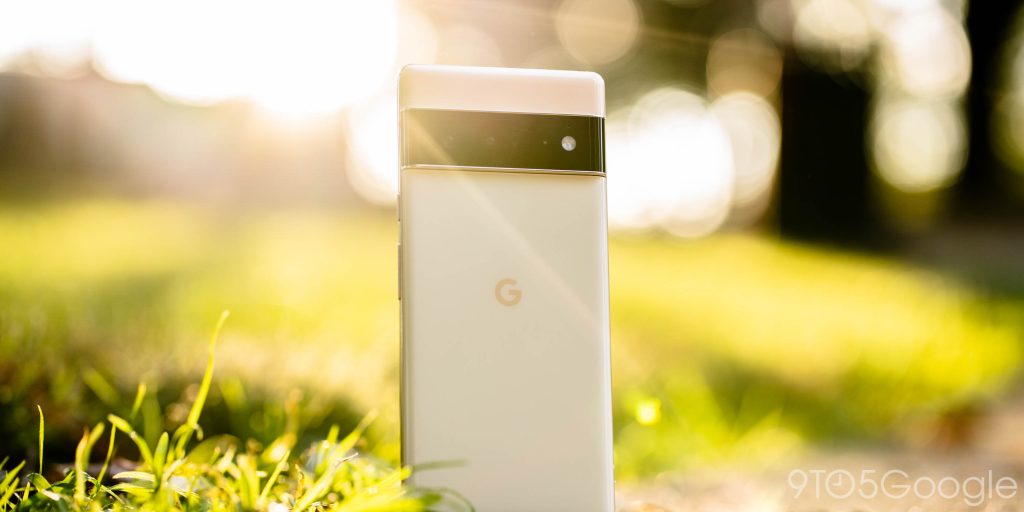
It also seems like the switch to Tensor caused some hiccups when it comes to software updates. The December 2021 update was particularly memorable, as it caused major network issues for many users among other issues. But over time, things got right and Google's Pixel 6 series was able to make an impact.
The other big change that Tensor brought is putting a flagship chipset into Google's cheaper smartphone. In 2022, the Pixel 6a debuted with the same Tensor processor, and it was the best “mid-range” Pixel phone in years thanks in large part to Tensor.
From that point, the next step was the sequel. This first appeared in the Tensor G2, which launched in the Pixel 7 and Pixel 7 Pro in October 2022. Google said the chip was 60% faster and more power efficient. We also found that it brought some minor cellular improvements, but in the end the G2 wasn't really that big of a jump.
The Tensor G2 will later arrive in the Pixel 7a, Pixel Fold, and Pixel Tablet over the course of 2023.
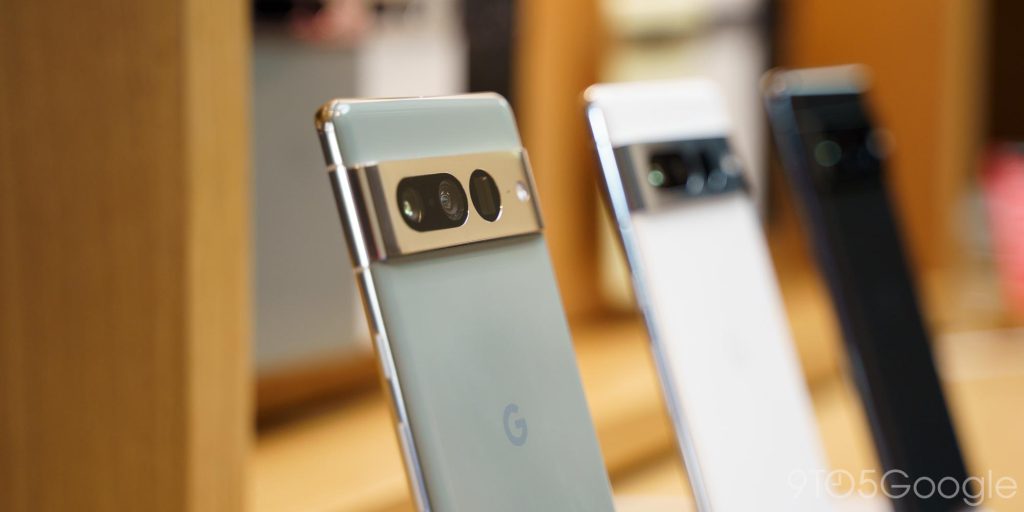
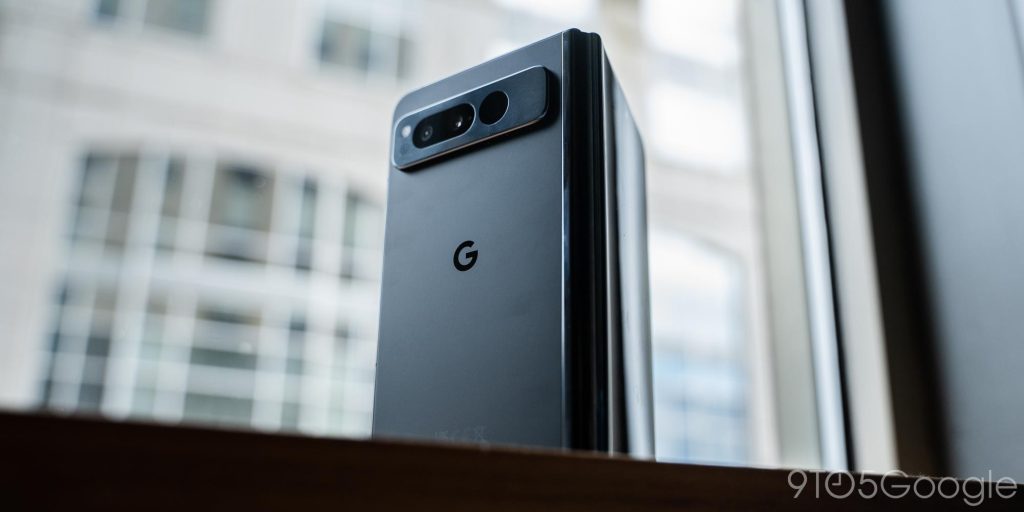
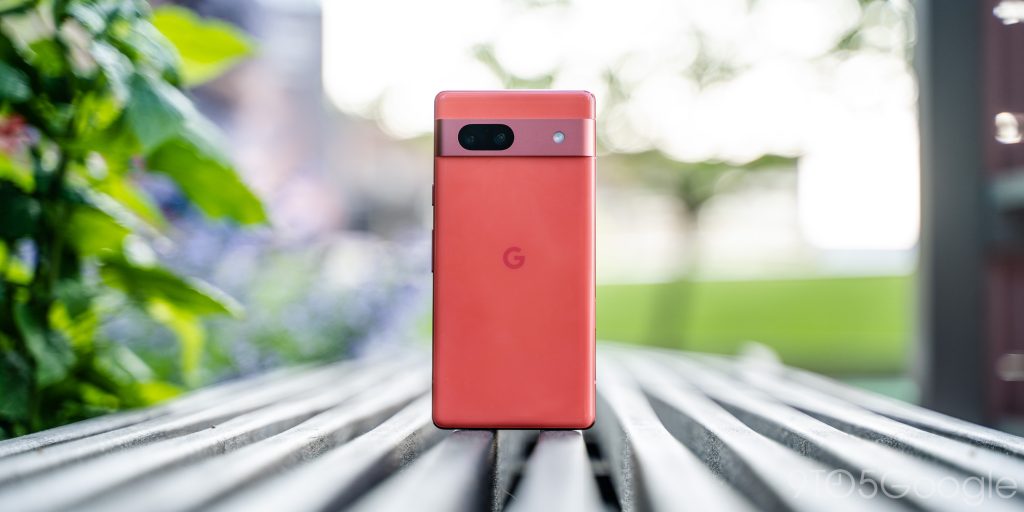
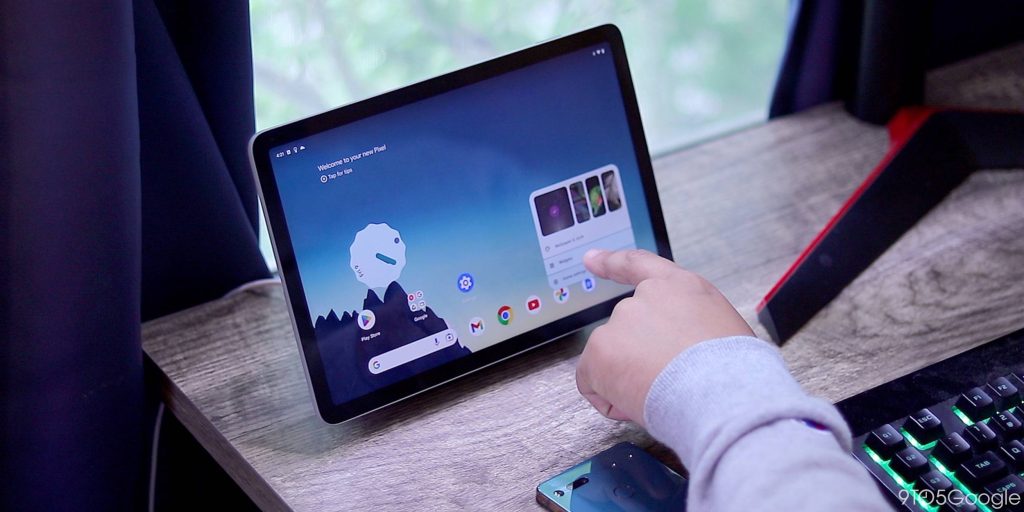
Where is Tensor located today?
Last October, Google unveiled its latest tensor chip, the G3. On the Pixel 8 and Pixel 8 Pro, Tensor G3 represents a much bigger jump. The modem is better, the chip is much more powerful, and it is more power efficient. It still isn't Most Powerful, not even the best in AI, but pretty good.
What's next for Tensor is a much bigger question, and an exciting one at that. The Tensor G4 is said to be a relatively minor upgrade, but the Tensor G5 is said to be a major upgrade. The chip is said to be produced by TSMC rather than Samsung, which, alone, has major efficiency implications, but beyond that, it's also claimed to be Google's first fully self-made chip.
Every Tensor processor to date has deep roots in Samsung's Exynos designs, although they are heavily modified. It remains to be seen whether the shift to TSMC and Google's own designs will stick, but it's exciting to say the least.
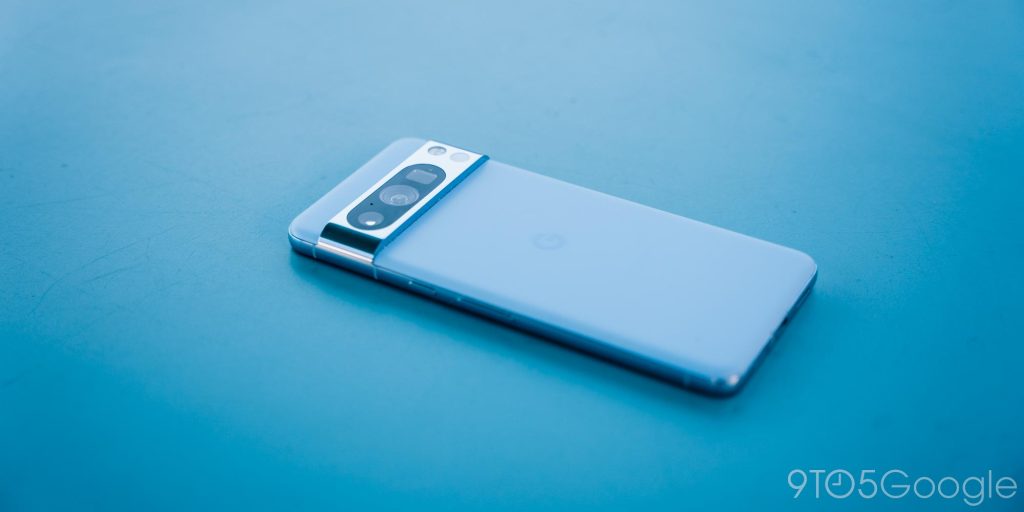
Was Google right to switch from Snapdragon?
Ultimately, with the Snapdragon Pixels now fading, the big question is whether Google made the right decision.
Google's main goal with Tensor, as Rick Osterloh said in 2021, has always been to bring “AI breakthroughs directly to the Pixel.” By this measure, Google appears to have achieved its goal. Long before everyone cared much about AI, Pixel phones were building AI features that didn't need to be called AI to be cool. With the Pixel 8, Google has doubled its efforts in this regard road Harder. Of course, the counterargument to that is that many of Google's AI features don't work on the device anyway, but with Samsung doing the same thing in the Galaxy S24 series despite using the more powerful Snapdragon 8 Gen 3, I'm not sure that argument even holds up. The better argument, however, is why so many features are only on the Pixel 8 Pro and not the smaller model.
Personally, if I had to boil down Tensor to just one benefit that makes it worthwhile, I'd say it's the cost.
Since Tensor's debut, Google has been constantly undercutting its competition on price. The Pixel 6 and Pixel 6 Pro started at $599 and $899, respectively. That was $200 to $300 less than comparable Samsung flagships and, more importantly, Apple's iPhone.
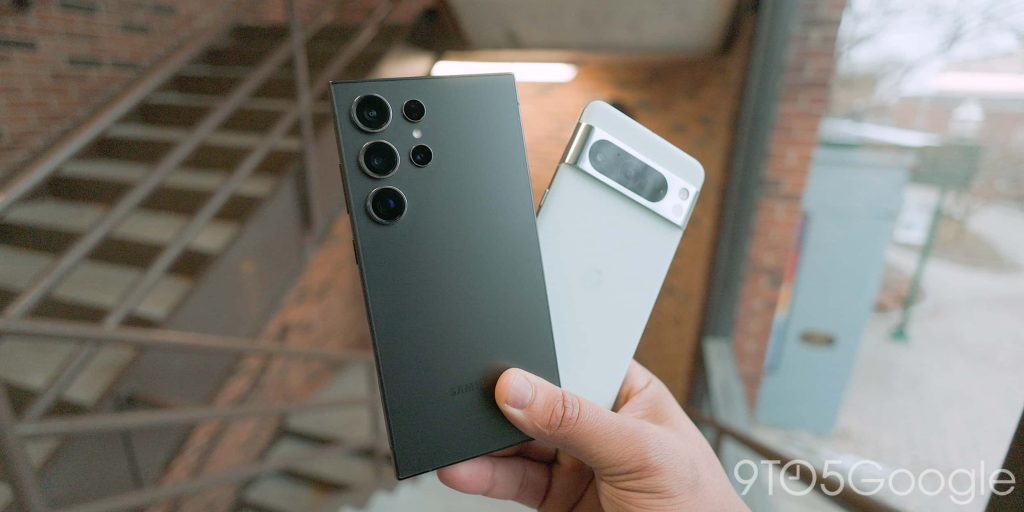
And yes, you were trading some battery life, some performance, and some other things in exchange for dropping the Snapdragon chip, but I always felt that was an acceptable trade-off. The Pixel 8 series closes the price gap a bit, with both phones $100 more expensive, but they still offer the bulk of performance and features at a lower price.
For me personally, this was enough. I've always loved Google Pixel phones, but devices like the Pixel 4, for example, have never felt worth their price compared to the competition. Since Tensor, Pixels have already felt like they have some leverage.
what do you think? Would you rather the Pixels stuck with the Snapdragon chipset, perhaps at a higher cost? What is your experience with Tensor-powered pixels? Let's discuss!
More about Google Pixel:
Follow Ben: Twitter/X, ThreadsAnd Instagram
FTC: We use automatic affiliate links to earn income. more.

“Certified food guru. Internet maven. Bacon junkie. Tv enthusiast. Avid writer. Gamer. Beeraholic.”





More Stories
Capcom made a game that doesn’t belong in 2024 and it’s awesome.
PlayStation 5 adds a way to save power when charging controllers, but only for the latest PS5 model
Internal change in iPhone 16 models expected to reduce overheating